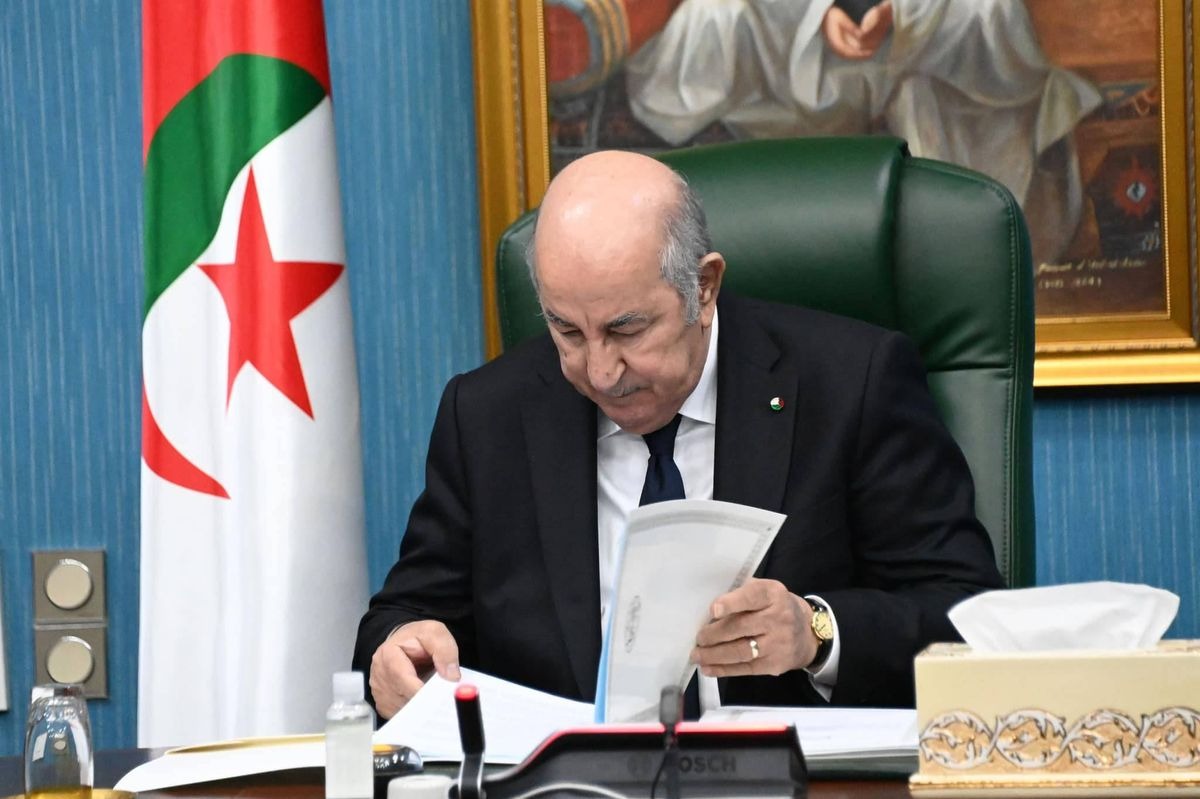
Algeria Offers Mediation in Niger’s Transition to Civilian Rule
In a fresh development, Algeria has taken the initiative to mediate a return to civilian control in Niger, and the military junta in Niger has…

In a fresh development, Algeria has taken the initiative to mediate a return to civilian control in Niger, and the military junta in Niger has…

In South Africa, concerns are mounting as the country grapples with a shortage of eggs and a surge in prices, prompting consumers to question the…
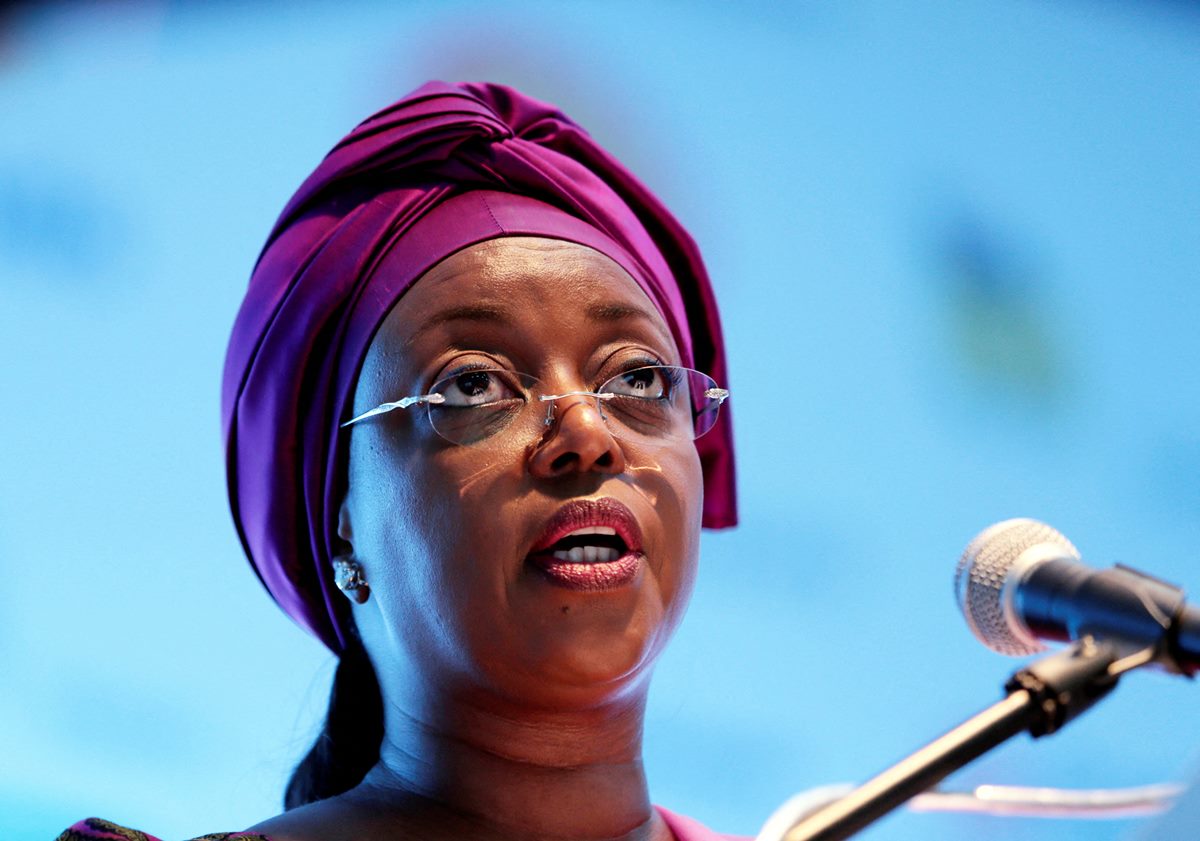
A former Nigerian oil minister appeared in court in London on Monday charged with receiving bribes in the form of cash, luxury goods, flights on…
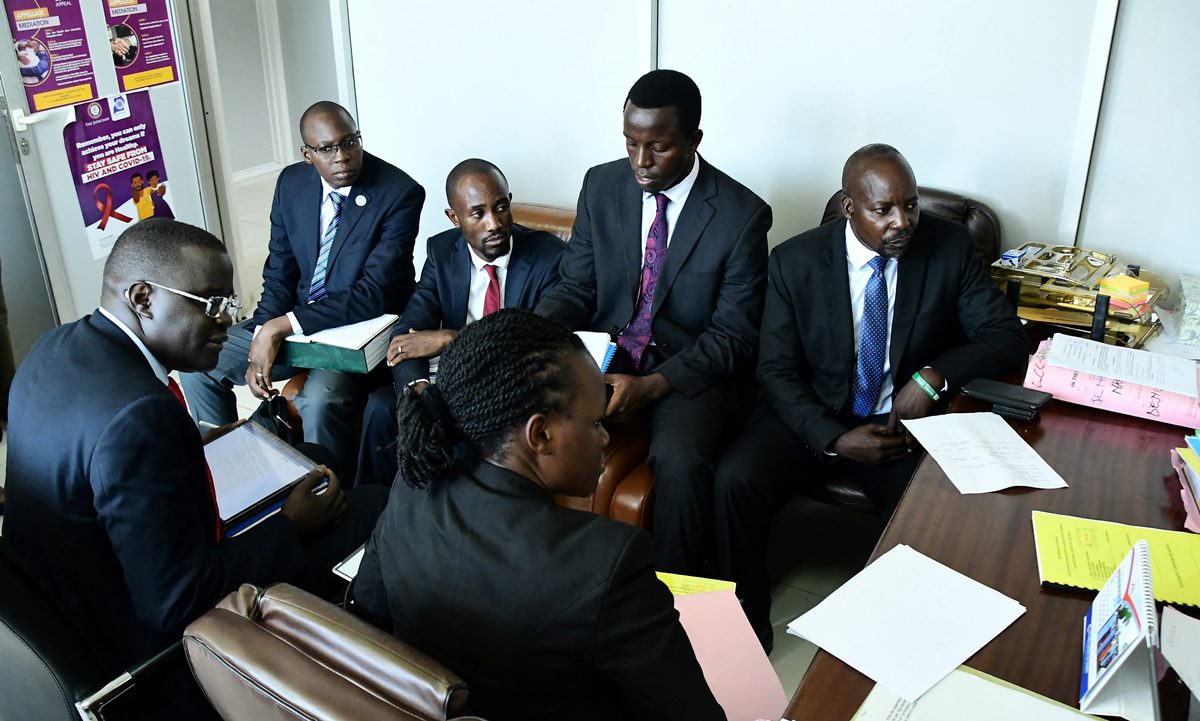
Uganda’s Anti-Homosexuality Act, which was signed into law by President Yoweri Museveni in May, is one of the world’s harshest anti-gay laws and punishes some…
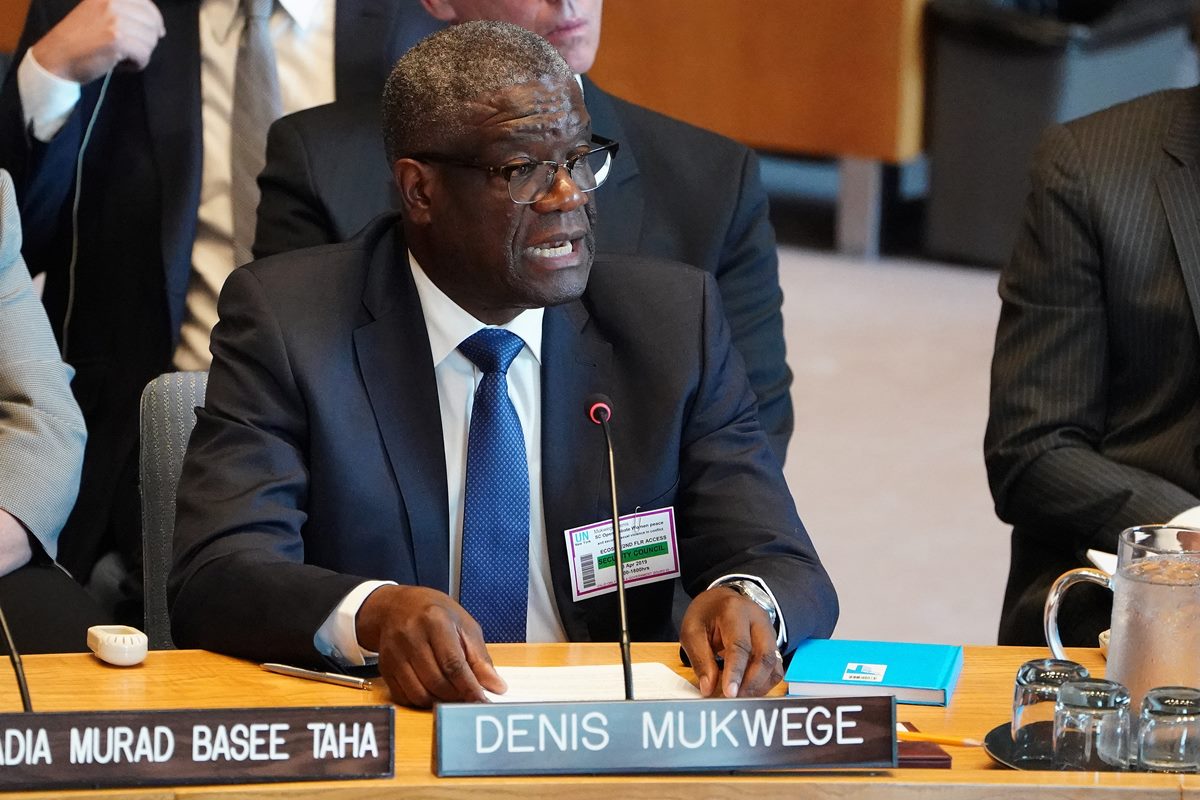
Nobel laureate Dr. Denis Mukwege has announced his candidacy for the presidency of the Democratic Republic of Congo. Mukwege, who won the Nobel Peace Prize…
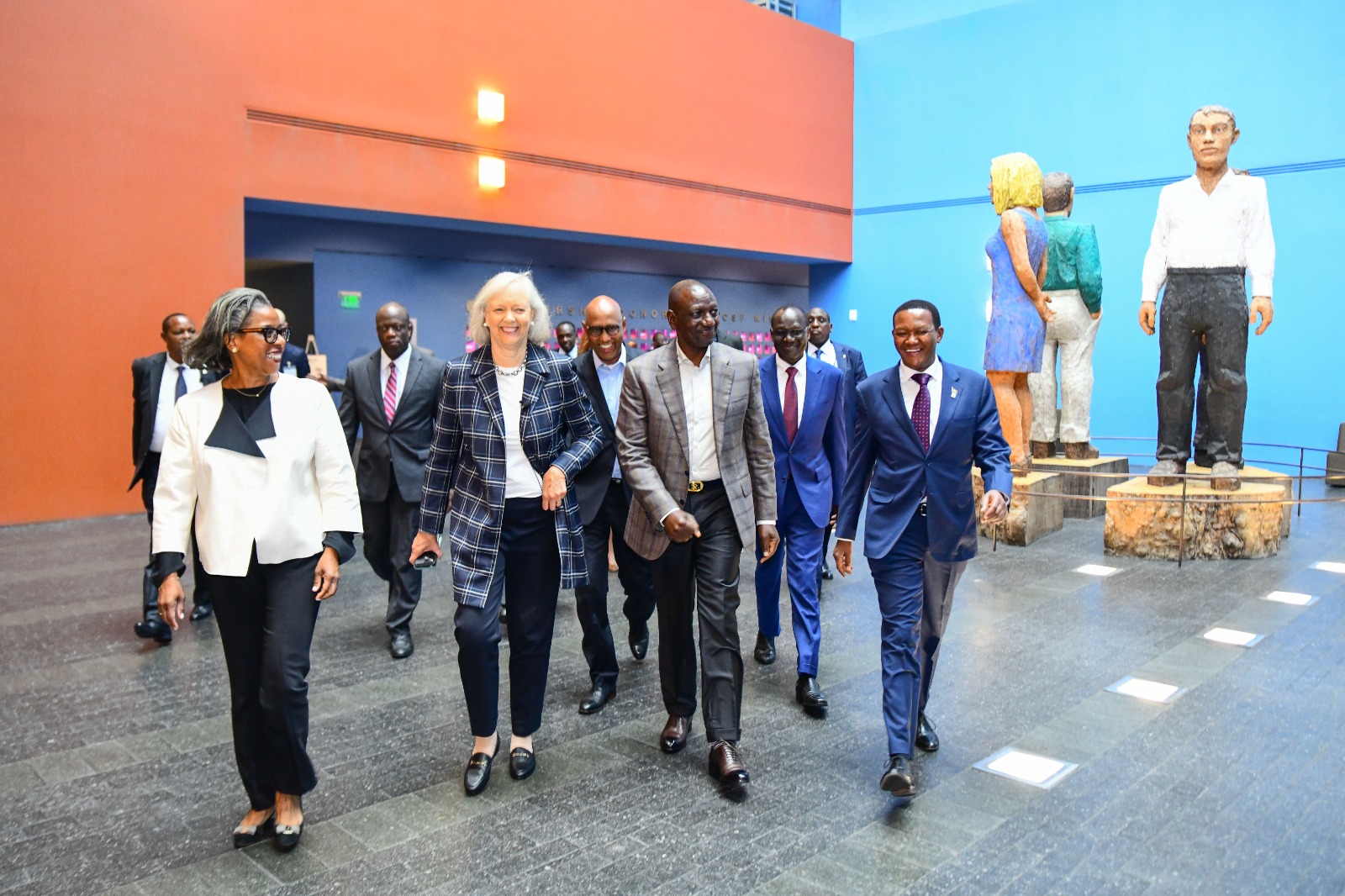
President William Ruto has announced that several foreign digital companies have expressed keen interest in hiring around 300,000 employees for the digital industry in Kenya.…
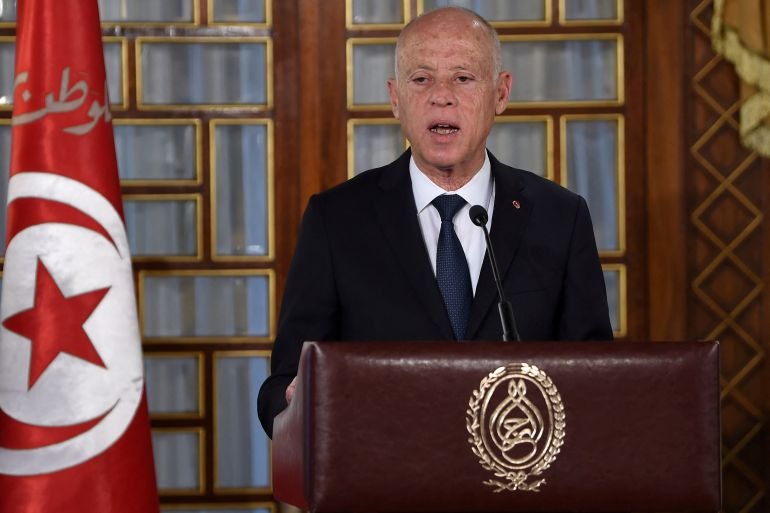
Tunisia’s President Kais Saied has rejected the European Union’s (EU) recent offer of 127 million euros ($133 million) in aid, stating that it conflicts with…
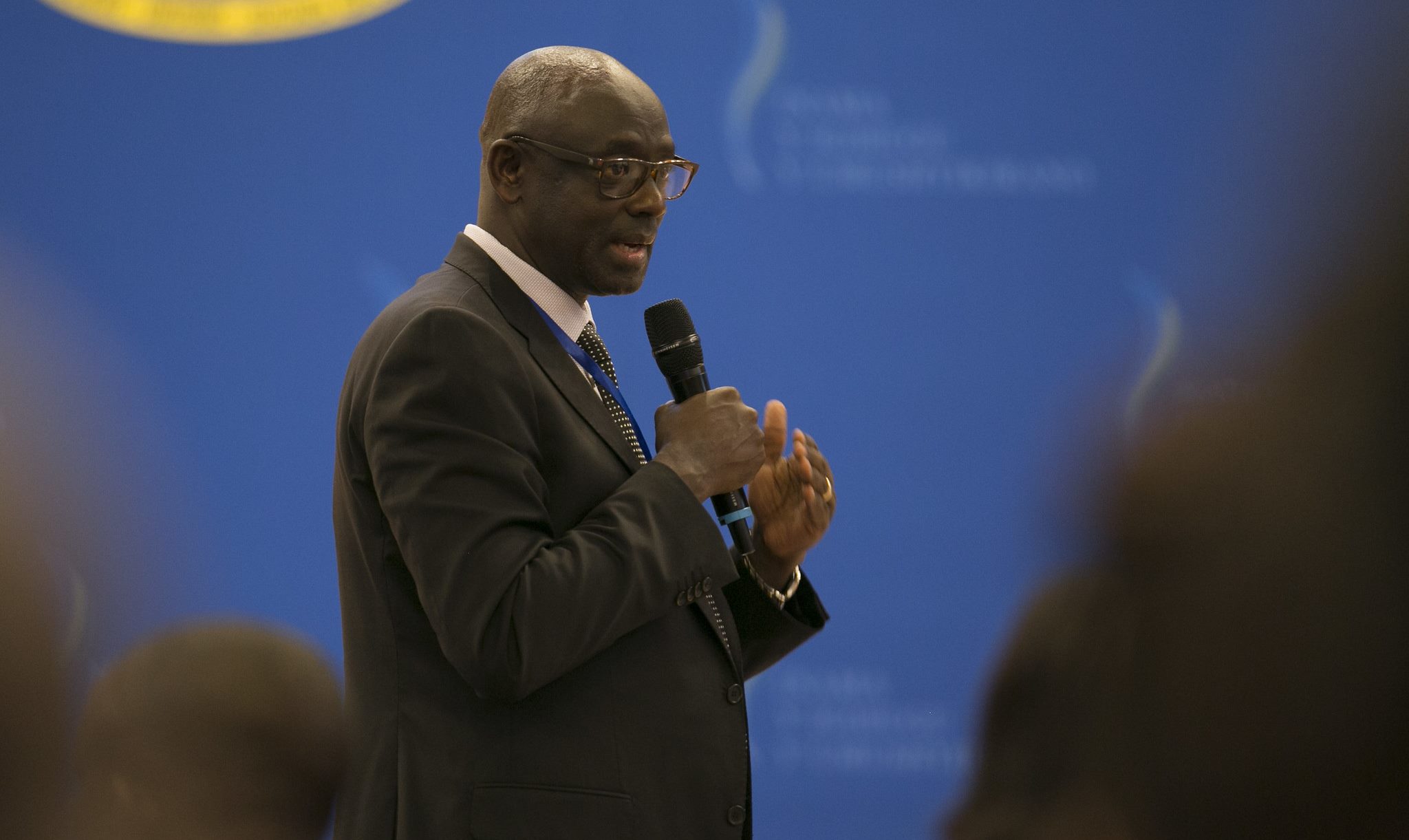
In a recent development that has caused embarrassment for the British government, the high commissioner of Rwanda in London, Johnston Busingye, was secretly filmed criticizing…

The United Nations (U.N.) Security Council is set to vote on Monday on a resolution that would approve the deployment of an international force to…
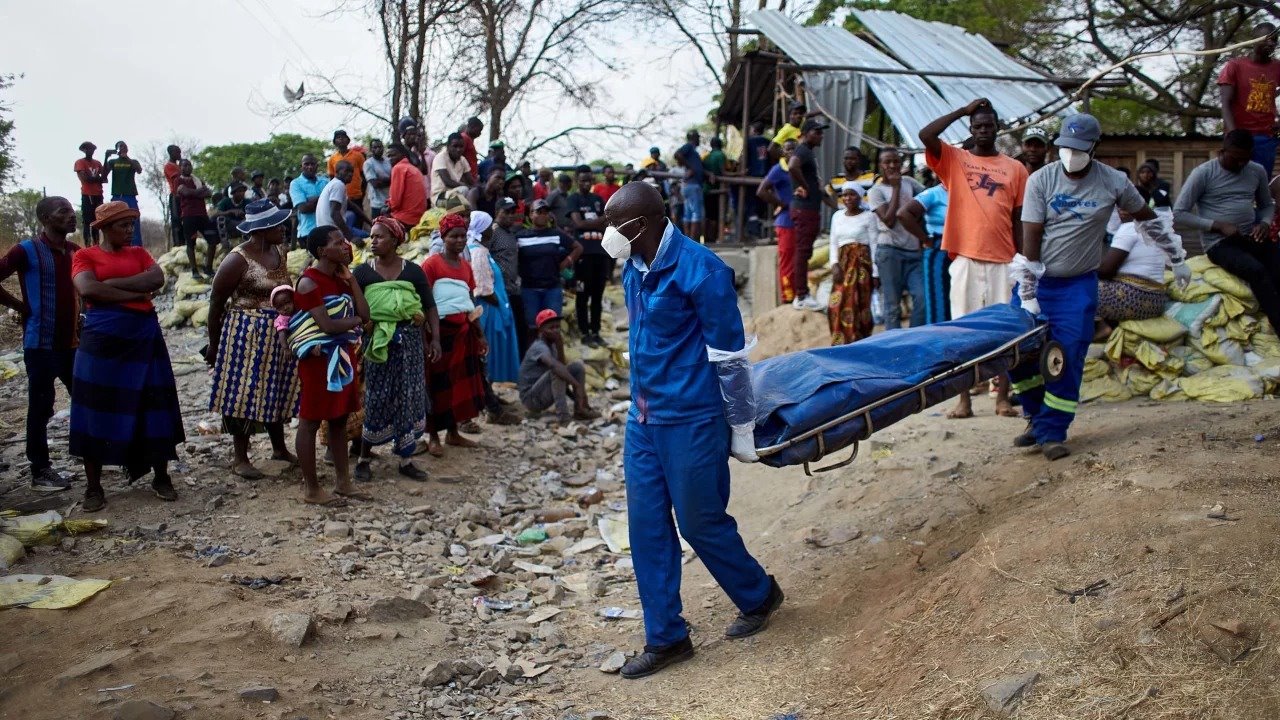
A devastating incident unfolded in a Zimbabwean gold mine as a shaft collapse claimed the lives of at least nine miners, as reported by an…
Support the growth of our platform by purchasing our merch.
When artistes submit their music on our website, we encourage their audience to engage with these submissions by using the like or dislike buttons. These ratings play a key role in helping us identify high-quality content that resonates with our listeners. Our dedicated team carefully considers user ratings and preferences, handpicking exceptional submissions for special recognition. The rating system operates through the use of browser cookies, making these ratings unique to individual browser users. This means that each user's likes and dislikes are stored in their browser's cookies, allowing us to gather accurate and personalised feedback. As part of our commitment to supporting talent, we occasionally offer free unbiased airplay to these chosen artistes. This opportunity allows them to reach a wider audience and gain valuable exposure within the music scene. By tapping into the power of our listeners' ratings, we aim to create a community-driven platform that uplifts and celebrates the best in music.